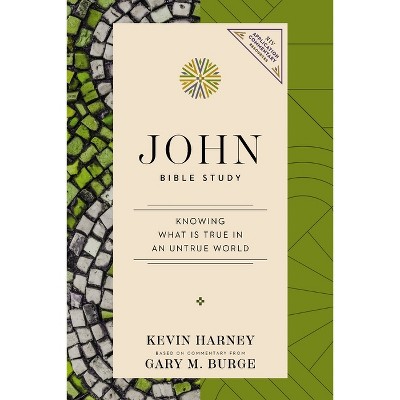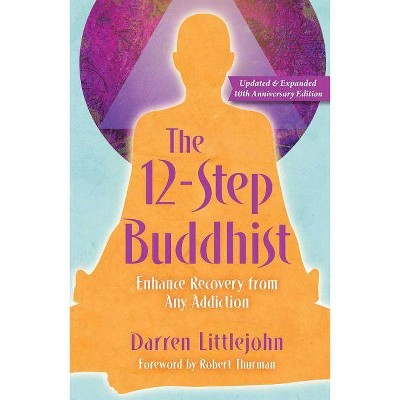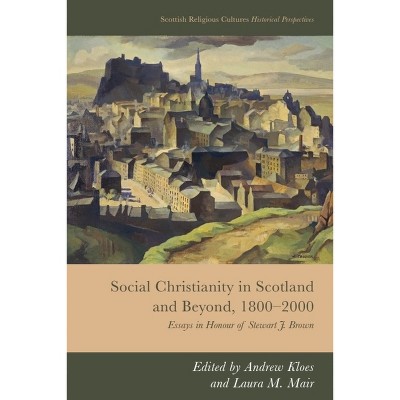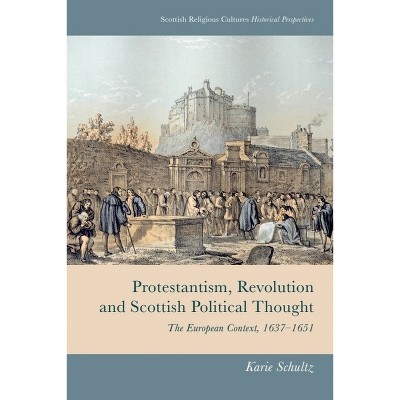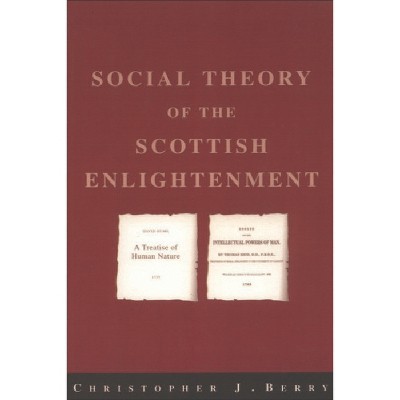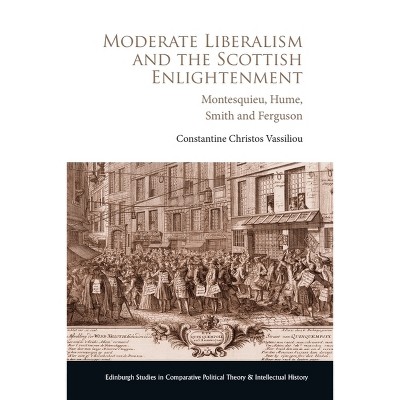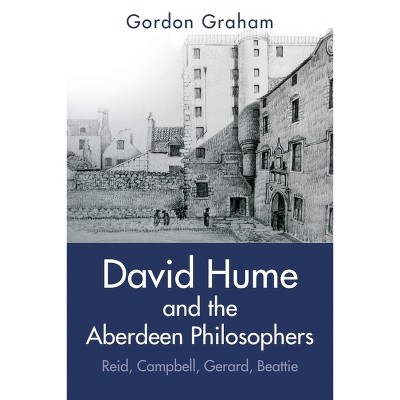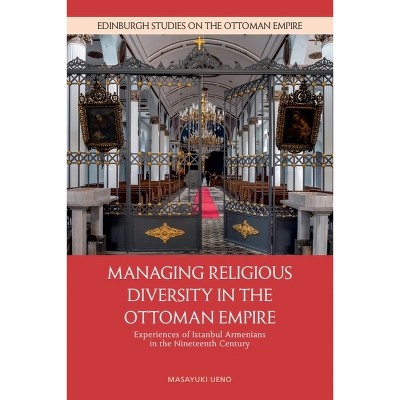Sponsored

Civic Reformation and Religious Change in Sixteenth-Century Scottish Towns - (Scottish Religious Cultures: Historical Perspectives) (Paperback)
Pre-order
Sponsored
About this item
Highlights
- Civic Reformation and Religious Change in Sixteenth-Century Scottish Towns demonstrates the crucial role of Scotland's townspeople in the dramatic Protestant Reformation of 1560.
- Author(s): Timothy Slonosky
- 288 Pages
- Religion + Beliefs, Christianity
- Series Name: Scottish Religious Cultures: Historical Perspectives
Description
About the Book
Explains the importance of townspeople to the success of the Scottish Reformation of 1559-1560Book Synopsis
Civic Reformation and Religious Change in Sixteenth-Century Scottish Towns demonstrates the crucial role of Scotland's townspeople in the dramatic Protestant Reformation of 1560. It shows that Scottish Protestants were much more successful than their counterparts in France and the Netherlands at introducing religious change because they had the acquiescence of urban populations. As town councils controlled critical aspects of civic religion, their explicit cooperation was vital to ensuring that the reforms introduced at the national level by the military and political victory of the Protestants were actually implemented.
Focusing on the towns of Dundee, Stirling and Haddington, this book argues that the councillors and inhabitants gave this support because successive crises of plague, war and economic collapse shook their faith in the existing Catholic order and left them fearful of further conflict. As a result, the Protestants faced little popular opposition, and Scotland avoided the popular religious violence and division which occurred elsewhere in Europe.
Review Quotes
The focus on this distinctive trio of towns [Dundee, Stirling and Haddington], the fine-grained reconstruction of urban religion and the particular explanatory model for the Reformation's success make this a very valuable addition to Scottish Reformation studies. It will be one of the central texts as debates on local Reformations and the years around 1560 continue.--John McCallum, University of Edinburgh "Scottish Church History"
This work is packed with information supplemented with a copious bibliography, leaving readers with much to ponder.--D. M. Hall, Lake Erie College "CHOICE"
Shipping details
Return details
Frequently bought together
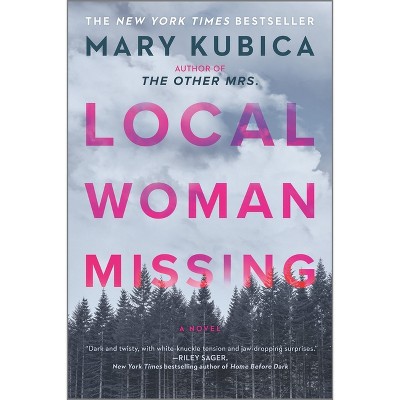
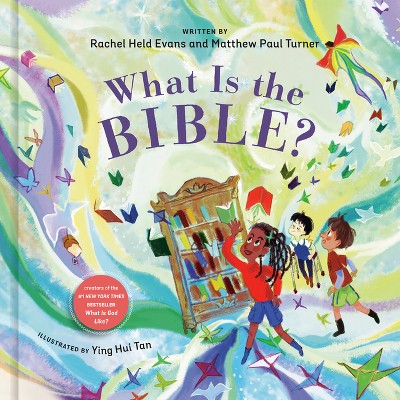
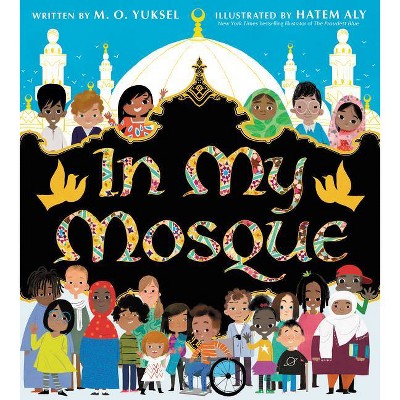
Trending Non-Fiction





